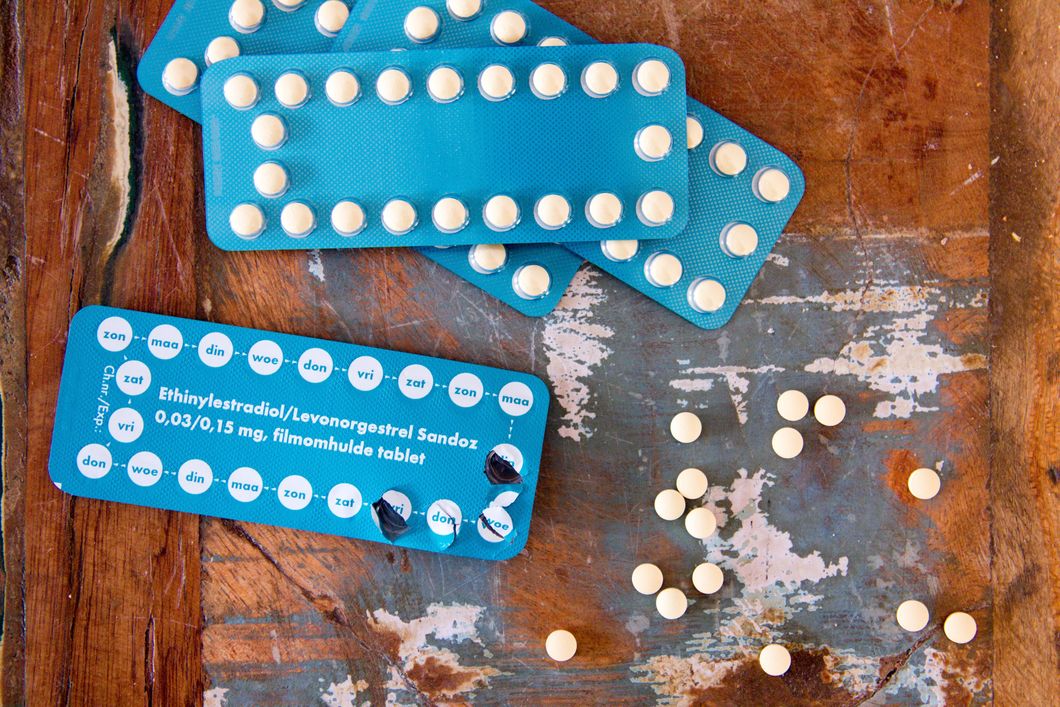I was diagnosed with endometriosis when I was 15-years-old. The road to my diagnosis was long and grueling, and after over 3 years of seeing numerous specialists, undergoing various medical procedures, and trying more medications than I can count on my fingers, I had my first laparoscopic surgery. While many argue that there are other options to diagnose and remove endometriosis, the only effective and accurate method is to undergo laparoscopic surgery. Since my initial diagnosis in 2013, I have had a total of 3 surgeries. And quite honestly, they suck.
Unfortunately, until a cure is found for this chronic pain condition, the only way to manage my pain is through surgery and hormone therapy. The hormone therapy I receive cannot remove the endometriosis but slows the growth of it as well as tries to shrink the lesions in my body.
In general, hormonal treatment works by temporarily turning off your ovaries so you don't ovulate, preventing regular periods from occurring. Having a period could reverse everything each surgery I had did, resulting in more growth of endometriosis all over my body. Ever since I was 13-years-old and started experiencing my symptoms, I have been on numerous different types of hormonal treatment. Whether it was oral birth control, IUDs, or injections, I have been through the trials and tribulations of many types of hormonal therapies to try and keep my endometriosis at bay.
I could not stress the impact that taking birth control specifically has had on my life. While it has not been the cure-all for my condition, it has improved my quality of life so significantly and has managed my symptoms in-between surgeries. Birth control is not just a means for contraception. It is a life saver.
Endometriosis isn't the only condition that birth control can help treat. Girls and women around the world take birth control to control their acne, polycystic ovary syndrome, dysmenorrhea, irregular periods, and so many other health concerns. The negative stigma surrounding birth control and its uses needs to be crushed, and men and women of all ages need to become more educated on the importance of it being available to those who need it.
Without birth control, I can't imagine how much worse my pain could be, how uncontrollable and unbearable it could be. Without birth control, I couldn't see myself being able to walk out the door every day ready to conquer the world. Without birth control, I don't know if I could be able to live my life like the 20-year-old girl I deserve to be. Because while my endometriosis may limit me in many aspects, access to hormonal therapy has allowed me to go away to college, pursue my career, build friendships, and find love and happiness. My disease may be chronic, and may not have a cure yet, but birth control has allowed me to take back control of my life.
Birth control has allowed me and many other women to have control over their own bodies, whether it be for fertility or health concerns. So all I ask is that before you develop an opinion on the availability and uses of birth control, think about all of the lives it has impacted for decades and will continue to change.






















